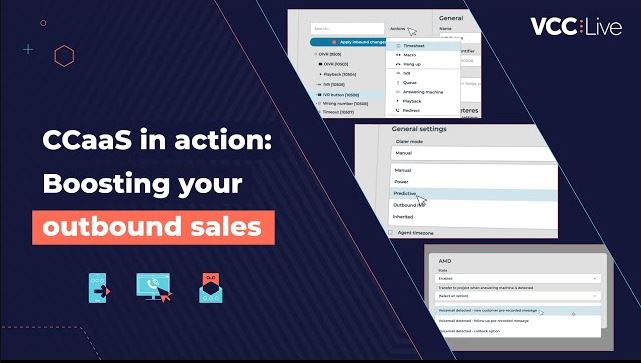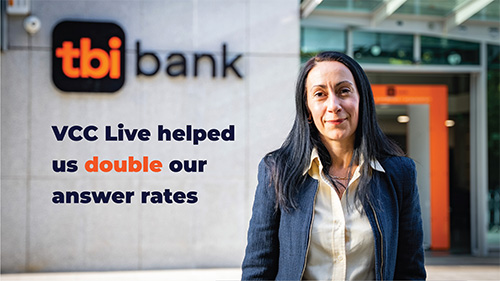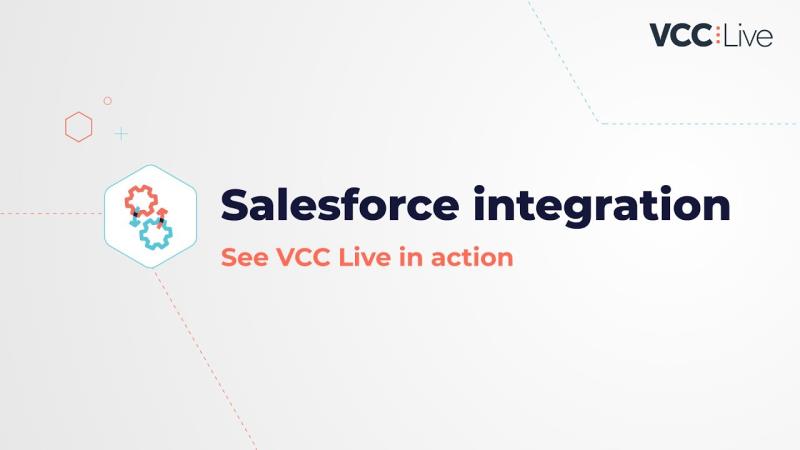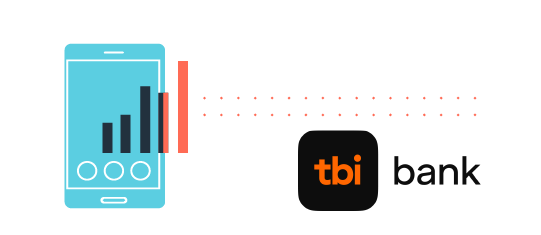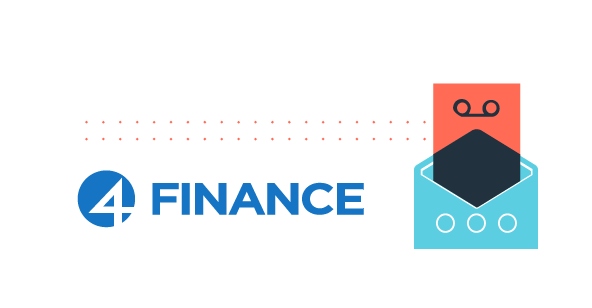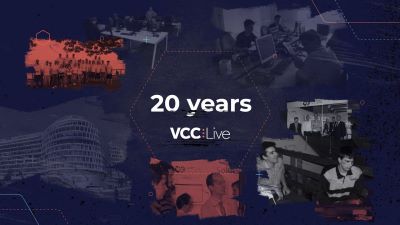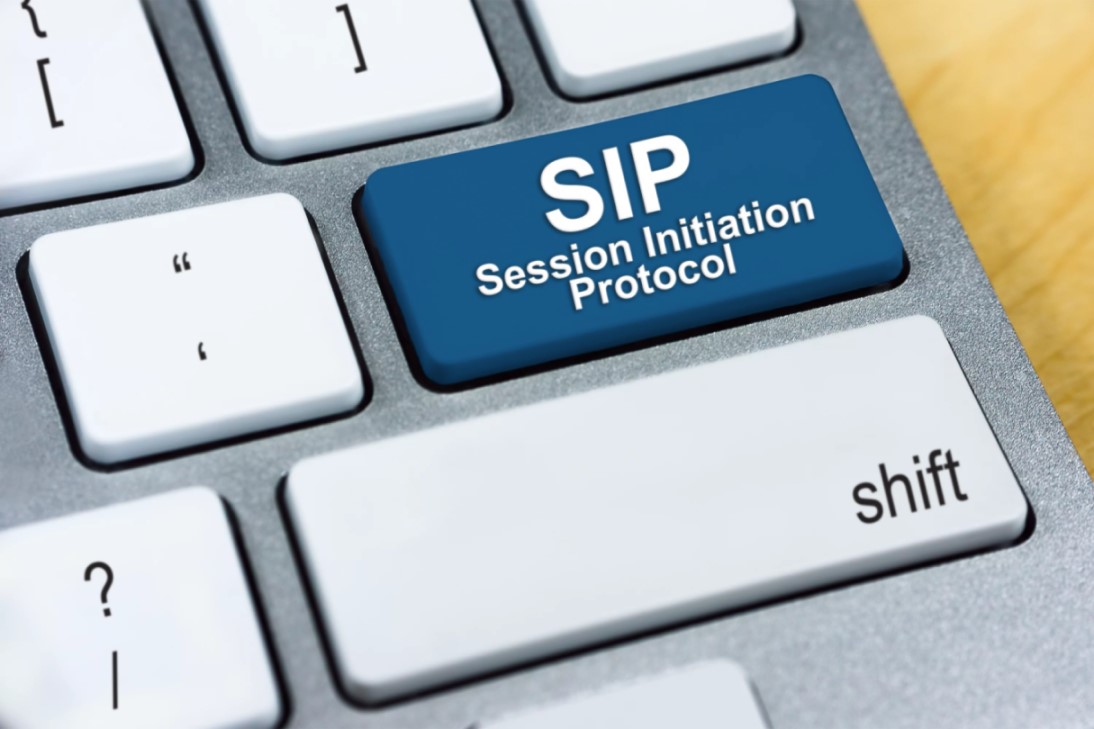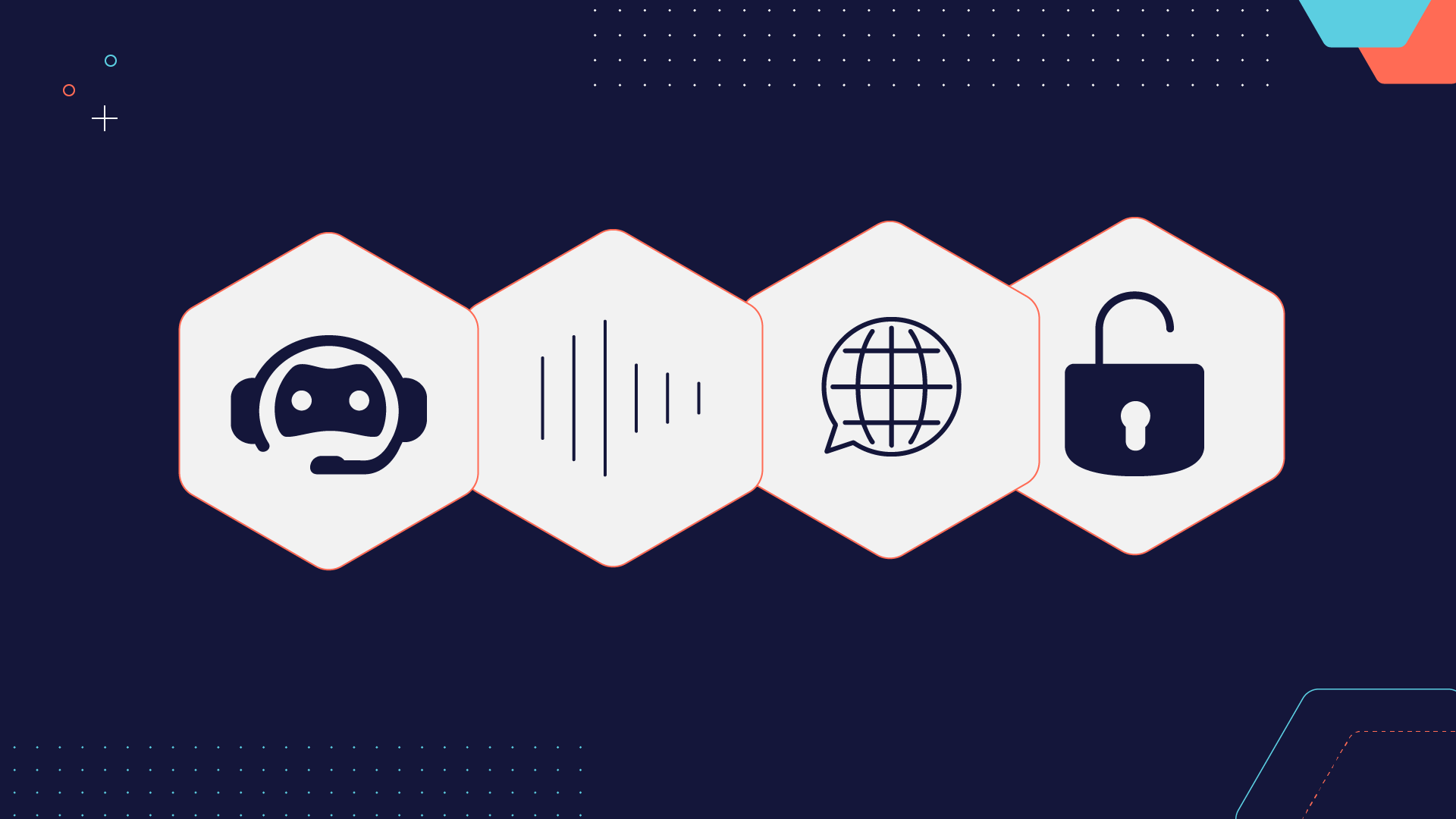Today, many call centers use VoIP technology for handling massive numbers of calls on a daily basis. To be able to use VoIP, businesses need to establish connections with their providers to create endpoints that can communicate with each other. And to establish these connections, SIP technology is needed.
Read this article to get the most basic understanding of the SIP technology and how call centers can benefit from using it.
What is SIP technology?
SIP (Session Initiation Protocol) technology defines the messages that are sent between endpoints, while also dictating establishment, termination and other essential elements of a call. It can be used to transmit information between two or more endpoints.
In addition to phone calls, SIP can also be used to set up video, instant messaging, media distribution and other applications, supporting the ever-more popular omnichannel communication trend.
Not surprisingly, SIP technology is an ideal solution for call centers, and an increasing amount of call centers now rely on this technology to handle their customer communication.
Here are some of the top benefits of the SIP technology in call centers:
SIP has great potential for call centers, as instead of relying on physical wires, it can simply use VoIP technology which is easier and cheaper.
In particular, SIP eliminates the need for expensive call center desk phones by reducing both space requirements and the cost of equipment necessary for physical hardware solutions.
Furthermore, while most traditional phone calls are charged on a per-minute basis, with some SIP solutions available on the market you may even be able to pay a monthly fixed fee for the system. Sounds better, right?
When it comes to running a call center, peak periods are a major part of the deal. As I’m sure you’re aware, during peak periods you either act quickly and scale up your business or potentially face a large number of angry customers.
One major advantage of SIP technology in call centers is that the solution is flexible and agile. As with cloud solutions, it is quick and easy to setup. In addition, once your SIP connection is in place, you’ll be able to quickly adjust capacity by adding new features through simple software updates rather than expensive and time-consuming hardware upgrades.
Furthermore, traditional phone lines are normally sold in batches and must be ordered well in advance of when they are required. SIP connections, on the other hand, can normally be ordered individually and accessed almost immediately, allowing call center managers to quickly upscale when needed, and only pay for the extra capacity that is required at any specific moment. Also, when you’re moving your business, it is significantly easier and quicker to move SIP connections than physical wires.
-
It’s ideal for remote working
Relying on remote agents is highly beneficial for call centers in terms of productivity, operations, and cost-effectiveness. And as SIP technology enables communication over the internet via computer and mobile devices, it allows call centers to hire home-based agents.
As a result, call centers that leverage SIP connections can not only save on costs such as IT facilities and utility costs but can also access a global pool of high-quality talent unlimited by geographical factors.
This allows call centers to offer solutions covering wider geographies, taking advantage of native labor pools, specific agent skills and multiple time zones.
-
Security and data privacy
Security and data privacy remains one of the biggest issues in telecommunications. And with cybercriminals becoming more and more advanced, call centers need to be able to rely on 100% secure technology solutions in order to protect their data.
The truth is that any device that uses SIP technology (and which is thus connected to a public network) has the potential to become a major target for cybercriminals. SIP technology, however, is based on encryption (SIP-TLS) and authentication protocols that are able to address possible frauds and cyber-attacks. But they will only be effective if your call center has strong security policies in place.
However, by relying on encryption and endpoint authentication, and by also ‘fencing’ your network infrastructure with SBC (session border controller) technology, you’ll be able to successfully secure your SIP networks.
We cannot emphasize enough the importance of speed and convenience in effective customer service today. And SIP technology has a number of specific benefits that allow businesses to provide convenient support to their customers.
What’s really important about SIP is that the technology isn’t just about voice communication: it can handle sessions covering a variety of media, such as voice, video and chat, and so support omnichannel-based contact center activity. With SIP you really can do everything using one system.
Furthermore, SIP technology, through its ability to support multichannel IP communications, makes it possible for call center agents to set up innovative services such as a click-to-call button on their website or a voice-enhanced e-commerce experience.
With SIP technology, call centers can simply do things better, faster and cheaper, providing services that will drive customer satisfaction and agent effectiveness to a whole new level.
